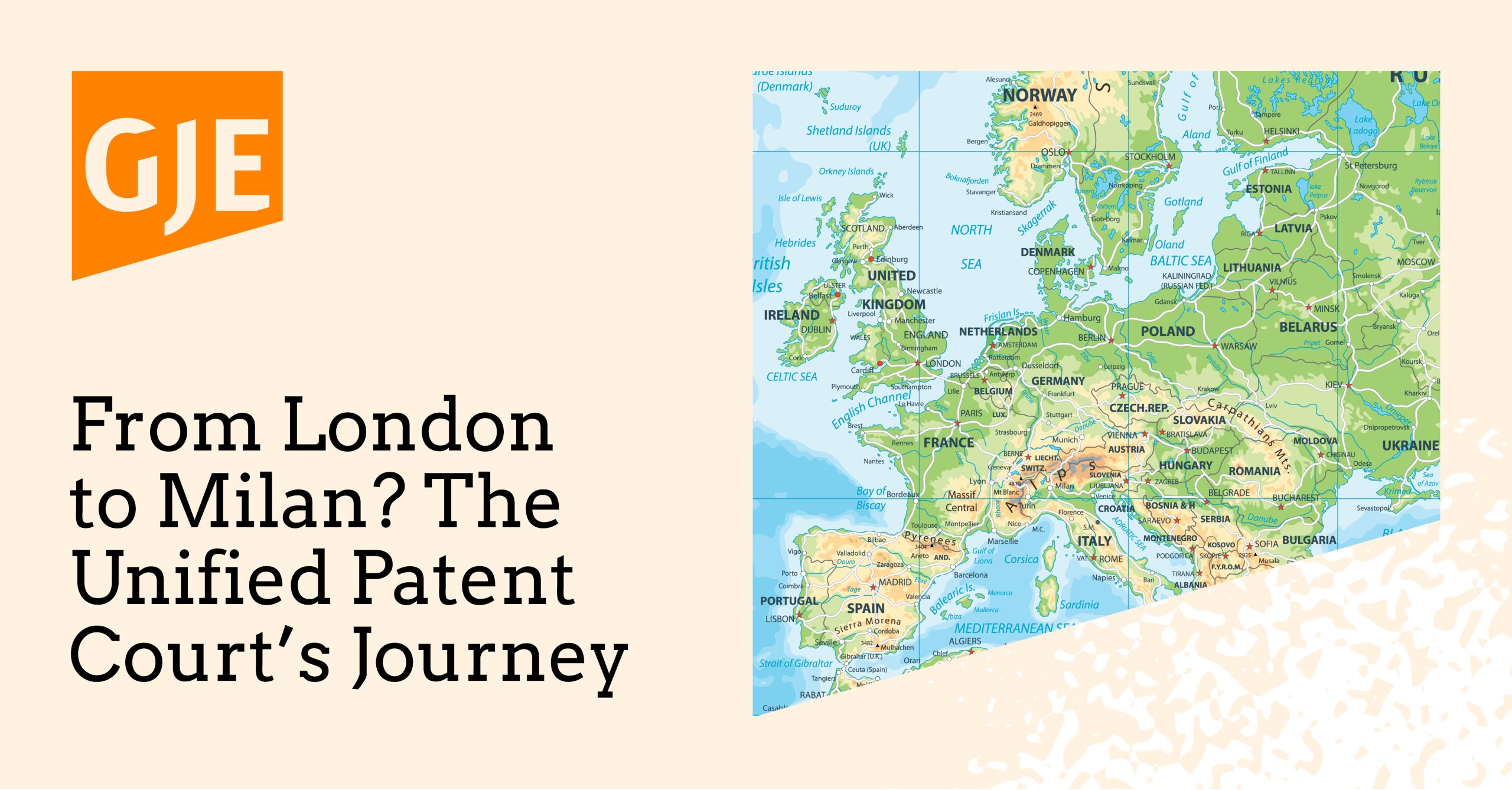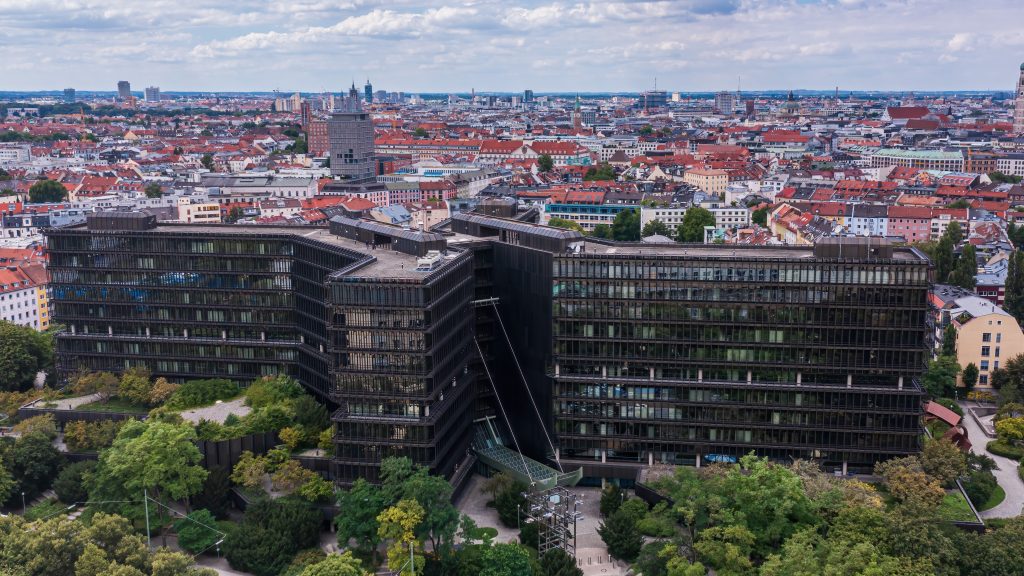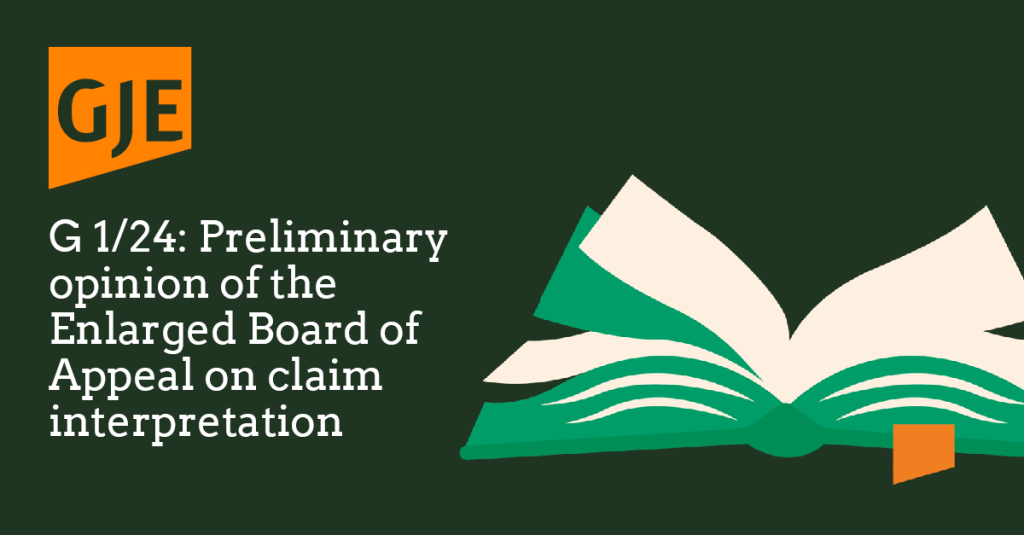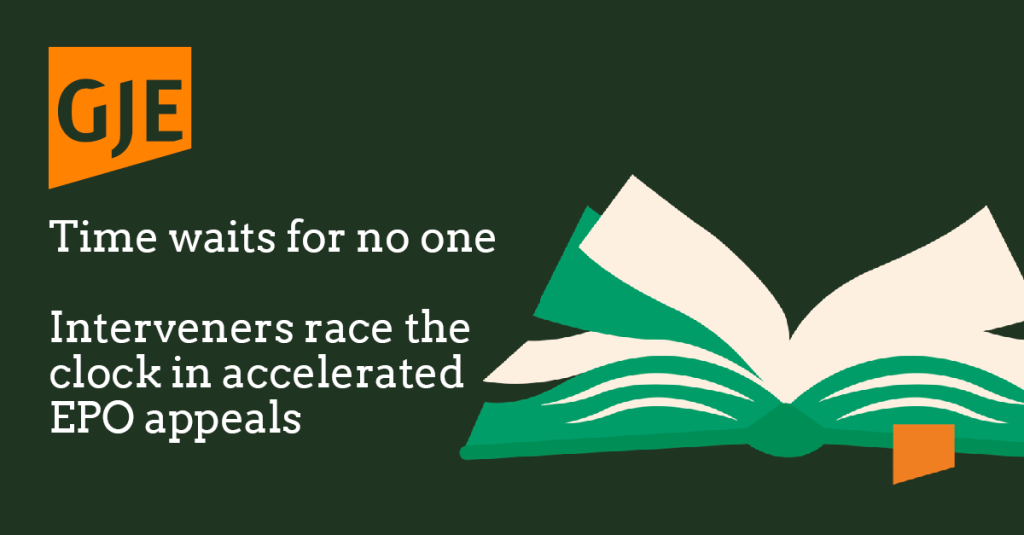
The introduction of the Unified Patent Court (UPC) will be part of the biggest shake up in European IP rights in decades. A new patent right, the Unitary Patent (UP), will be introduced which will allow inventions to be protected through a single right that extends across the majority of EU states, whilst the Unified Patent Court will provide a centralised venue and process for patent infringement and validity actions across the EU. The current statements from the UPC Administrative Committee suggest that the UPC and UP systems will come into force in early 2023.
A major factor affecting the start date of the UPC is the need to form the court itself. Buildings must be found, judges and administrative staff hired, IT infrastructure installed. However, despite the approaching commencement of the UPC, the location of a core element of the court that was originally intended to be placed in London has not yet been settled following the UK’s exit from the EU.
However, it now appears a decision on this location (UPC) may be less contentious than anticipated with Milan now looking more likely to take on the part of the court previously destined for London.
The UPC was established through the Agreement on the UPC (UPCA). This sensibly provides a Court of First Instance and a Court of Appeal. A Registry for handling the UPC day to day operation and an Arbitration and Mediation centre to try to provide less confrontational and potentially lower cost means to settle a conflict are also being set up in parallel.
To allow all UPC participating states to benefit and be involved in the operation of the UPC, during drafting of the UPCA, the Court of First Instance was split into a Central Division and into Local Divisions and Regional Divisions. Further, the Central Division was split into three parts, with the UPCA explicitly stating that those parts would be in Paris, Munich and London, and each being allocated litigation relating to specific subject matter.
The UPCA was drafted, signed off and was even ratified by a number of countries before the UK chose to leave the EU, severing, at least politically, the UK’s ability to participate in the UPC. Once the UK formally withdrew from the UPC, it was clear the part of the Central Division destined to be in London was no longer feasible. A new venue for this branch is required.
Behind Germany and France, the Netherlands and Italy are the two UPC countries with highest patent filings and European patent validations. In view of this, it could reasonably be expected that the Netherlands and Italy would be high on the list to take on the part of the Central Division previously destined for London. It now appears the Netherlands is stepping aside, leaving the path clear for Italy, and specially Milan to host this part of the Central Division.
For the moment, Milan has only been announced to host the local division of the UPC Italy is to set up. This was confirmed at the same time as local divisions in Vienna, Austria; Brussels, Belgium; Copenhagen, Denmark; Helsinki, Finland; Paris, France; Düsseldorf, Hamburg, Mannheim and Munich, Germany; The Hague, the Netherlands; Ljubljana, Slovenia; and Lisbon, Portugal, and a Nordic-Baltic regional division predominantly located in Stockholm, Sweden.
With the political situation in Italy more uncertain than it was earlier in the summer, further developments towards Milan being confirmed as a seat of the Central Division could be slowed. It is also now rumoured that Spain may join the UPC. In our view, this would likely lead to one or more further local divisions being set up, and could create a significant changes within the UPC due to the influence Spain is likely to want in the operation of the UPC.
Differences between the local and regional divisions and their respective competencies of is a complex matter, and will be addressed is a separate article. If you have any questions on the matters addressed in this article, or on any other UPC and Unitary Patent matter, please email us at gje@gje.com or contact your usual GJE attorney.




